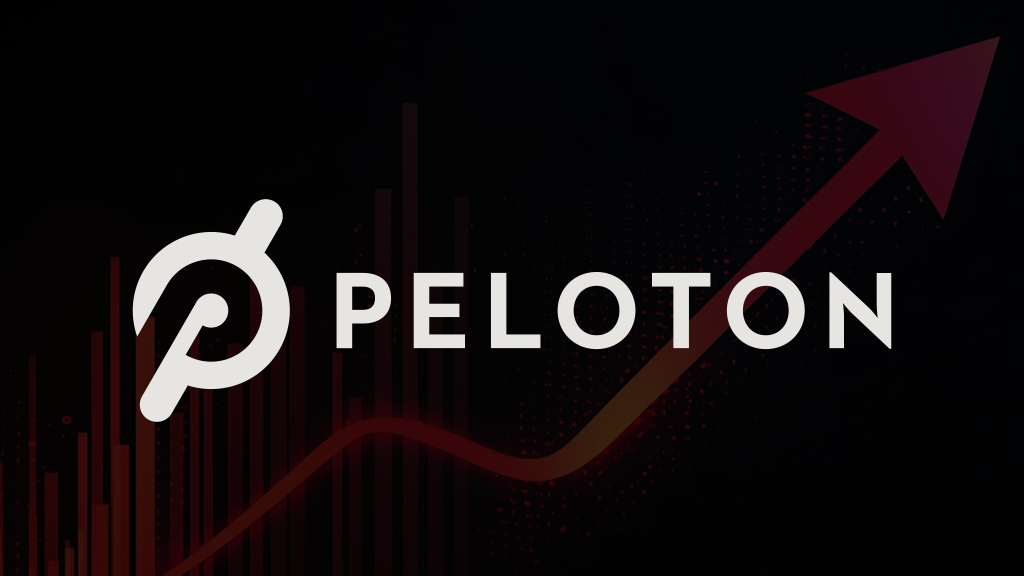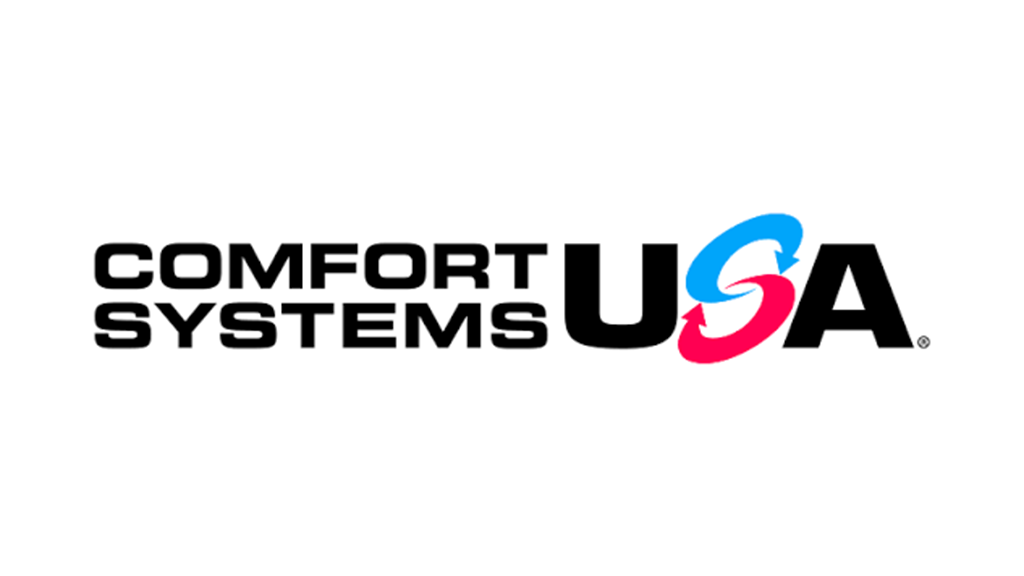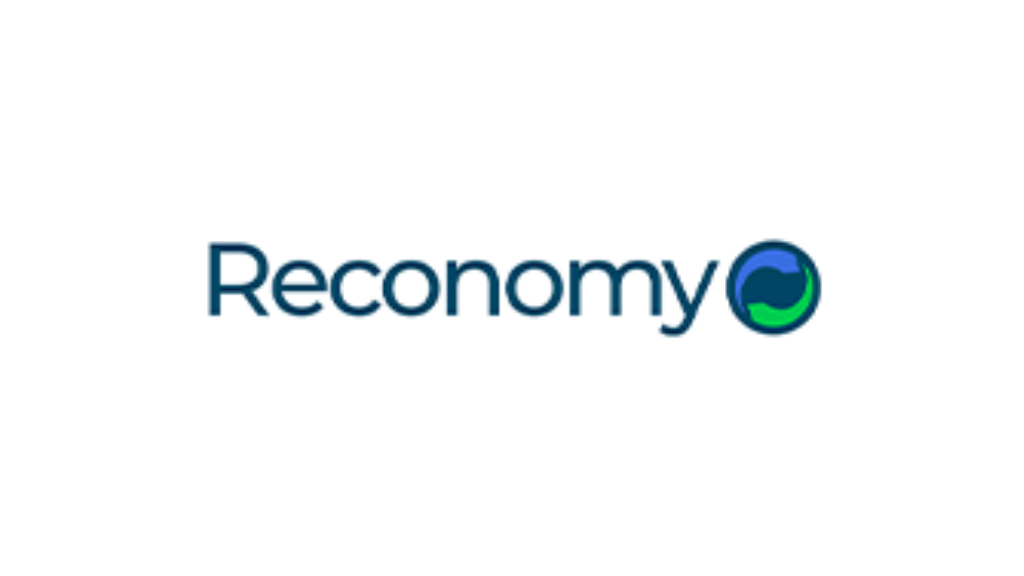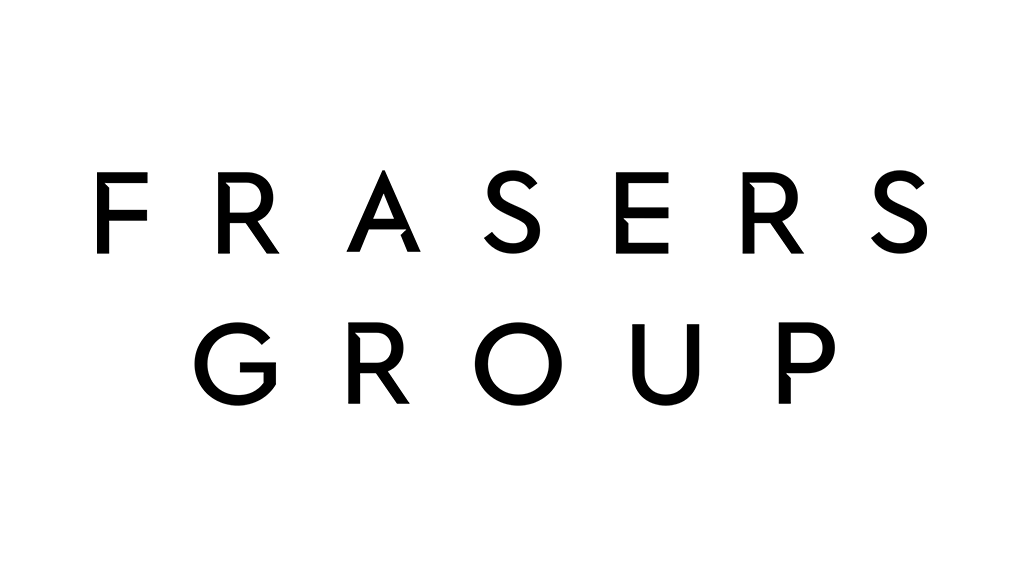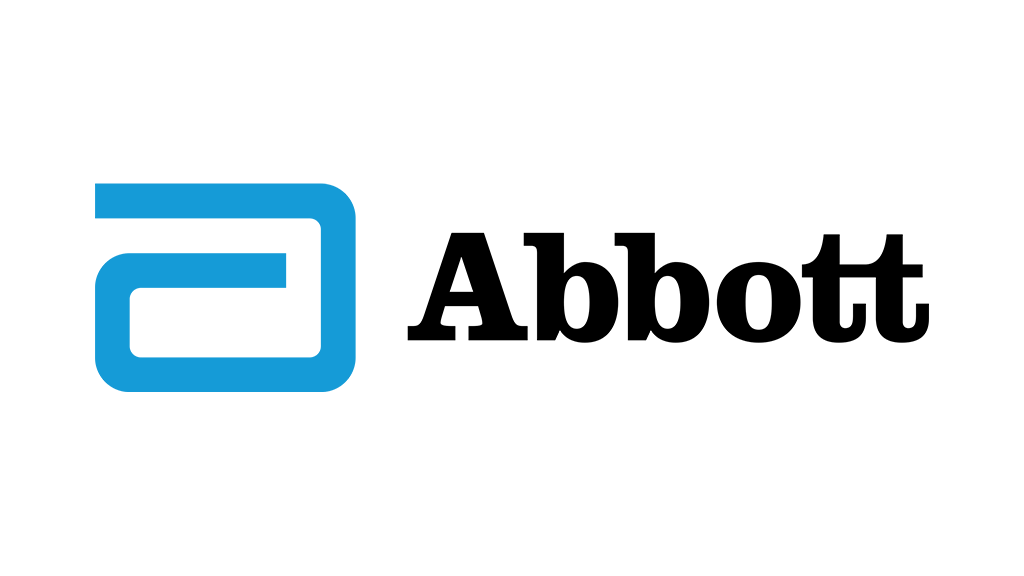Ramona French
Leadership Coach

Ramona French
ACC President – Leadership Coach – Mentor
Linkedin:
www.linkedin.com/in/WingsofHopeCoach
Ms. Ramona French is the founder of Wings of Hope Coaching and Consulting LLC. Her plethora of experience and desire for learning are employed in her delivery of dynamic interactive presentations, workshops and one-on-one coaching which build the foundation for effective leaders, engaged employees and success in the workplace.
Workshop participants gain new perspectives, develop tools that strengthen relationships, enhance resilience and expand their personal leadership presence.
Ramona serves as volunteer HEAL PA Co-Chair of the Racial and Communal Trauma Action Team and with Resilient PA as the Community Conversation moderator. Ramona has voluntarily mentored and coached a wide range of Defense Logistics Agency (DLA) employees, women offenders in two local prisons, and children in an inner-city program called Integrity Time. While working at DLA Distribution Susquehanna she started a volunteer off-duty mentoring program. The program called Minority Mentoring Matters (3M) provides participants needed skills for how to move from recognizing the need for change to powerful outcomes or transformations. Paramount in these efforts is Ms. French’s desire to invest in the lives of people. Ms. French has over 25 years of Government experience and was last assigned to the DLA Distribution Headquarters in New Cumberland, Pennsylvania. She served as Chief, J4 Integration Division and lead efforts focused on Standardization of all DLA Distribution processes, Technology Enablers, Continuous Process Improvement, and implementation of Standard Direct & Indirect Staffing Models.
Former Recipient of the NAACP Roy Wilkins Renowned Service Award
EDUCATION:
International Coach Federation:
Associate Certified Coach
Helping Others Reignite Hope
Newfield Network:
Ontological Coaching Certification
Gonzaga University: Master’s
Organizational Leadership
Eastern University:
Bachelor of Science Organizational Management
Integrative Somatic Trauma Therapy: Certificate
Lakeside Global Institute: Trauma Sensitive Certification
AUTHOR:
Discovering Who I AM
Who’s Afraid of the Big Bad Boss?
We all know that the big bad wolf is a fictional character appearing in several Disney tales but this wolf has become a generic archetype for a menacing predator. Unfortunately, many leaders are seen as the big bad wolf or the big bad boss who leads by fear and negativity and who is seen as looking to devour and punish those they’ve been entrusted to lead. The question for all leaders is do we want to be seen as predators? As a leader do you want to be seen as someone who looks to devour those who are there to support you?
I know judicious outside scrutiny is not easy or comfortable, but I as leaders we must routinely take a glimpse of ourselves from the outside-in and be open to 360 feedback about our attitudes and behaviors and welcome opportunities for improvement. The perceptions others have of us will determine if we walk alone on this leadership journey or if others see you as a leader of integrity, character, and worthy of supporting and following.
In a world where we remind ourselves to focus on the positive in order to remain positive can be a challenge when we think about the negative aspects of leadership that we might have endured or are enduring. I invite you to think about the idea that I’m sure we’ve all heard, ‘hurt people hurt people.’ Our responsibility as leaders is to do no harm to self, the workforce or the organization. We are to lead, to mold, and to guide those that have been entrusted to us. We are to help people be the best they can be in a world that is often times not rewarding of the best and more rewarding on who we know. The reality is the mentoring, coaching and encouragement we receive, or the obstacles we face along our career journeys, can become the conduit for how we process information, interact with those around us and how this can become the building or stumbling blocks for our self-image. We learn there is always a consequence to behaviors. People for whom we’re in relationship with never stop filling our psychological or emotional vessels. However, in the workplace we can unwittingly allow our vessels to become a dumping ground for negativity, insecurity and fear. Whatever the experience with a leader, it can become the window to our soul and how we see and approach life. Leaders can impact the experiences of a workforce; and a workforce can learn to carry as a banner these experiences that can define who they are and how they might interact on a personal or business level. Our experiences can blind us to reality of organizational expectations, dull our awareness of how we show up in these spaces, and cripple our engagement for healthy working relationships.
If you’re like me I’m sure many of us have said or thought along our leadership journey that, “when I become a leader I’m not going to behave in a certain way or I’m not going to do certain things that are hurtful or prove negative to the people I lead.” However, the reality is there are pervasive and destructive attitudes and behaviors in our leadership ranks. We have leaders who do not necessarily want to be in leadership; leaders who utilize their power abusively veiled as sincere care; leaders who do not care about themselves or the people they lead; and some leaders who are so self-absorbed that they cannot focus on those they lead or the organizational requirements. No one with an unhealthy focus on self can be concerned with the world around them. As leaders we can’t fool ourselves in thinking we care so much about the organization and not have that same care for the ‘secret sauce’ of those we lead.
Most often when people indicate they rely on the basics of an issue, they indicate the basics of the ABCs. I believe our effectiveness as leaders must encompass these same rudimentary concepts of the ABCs. As leaders the ABCs of attitude, behavior and character are essential for positive organizational and workforce impact. These are key characteristics for being leaders of integrity who choose true and good and right attitudes and behaviors that reflect the integrity of our character. I believe it is important to have a healthy assessment of who we are and the choices we make but of equal importance are the perceptions others have of us.
It’s critical that as leaders that we continually use the mirror of our minds and reflect on how we lead and if our team members are willing to follow. Do we have minimal compliance but no long-term workforce commitment? I know as a leader for more than 25 years, those we lead often emulate what they see. It’s important to always reflect on how we are showing up as leaders. If you lead from a regimented structure of dominance and big-bad-boss syndrome, you will find compliance but never commitment; and you will never provide the type of stable and positive work environment that people would want to be a part of.





























